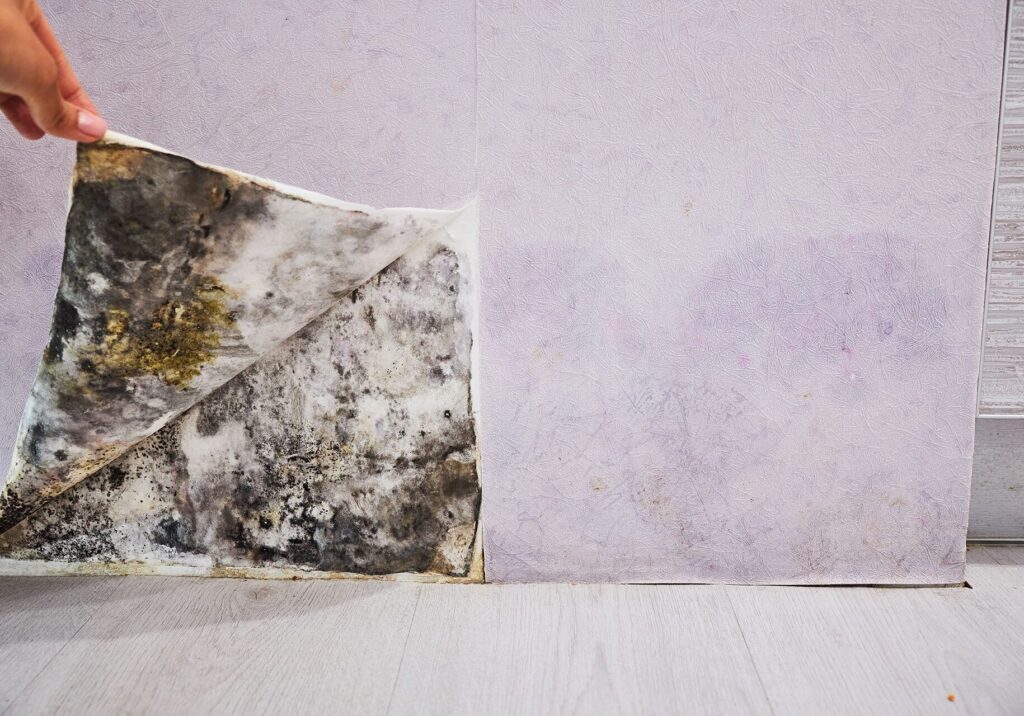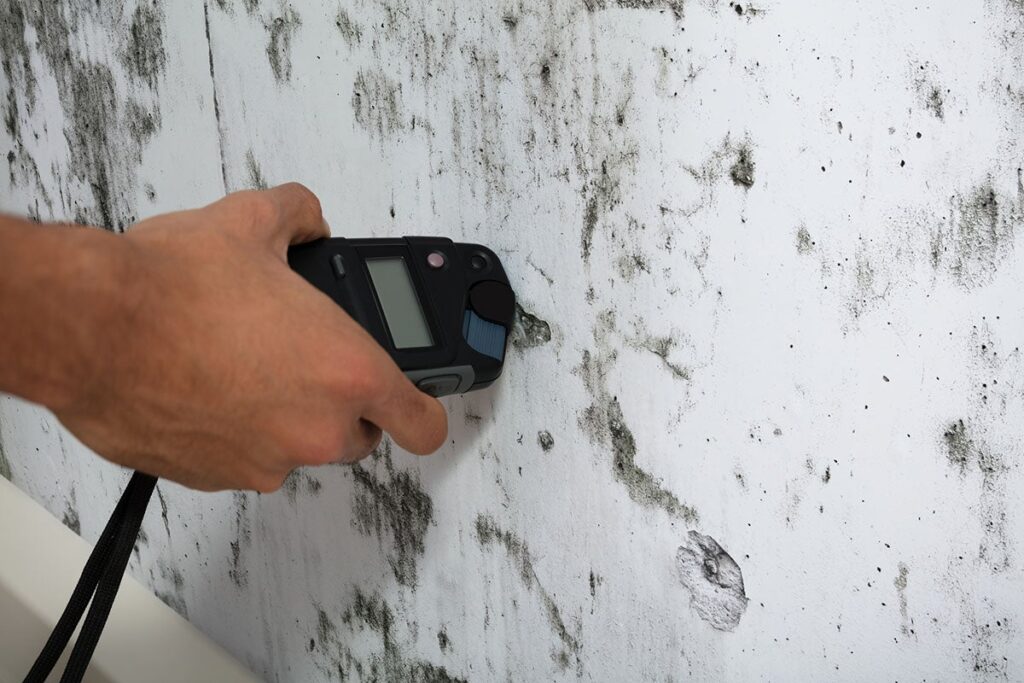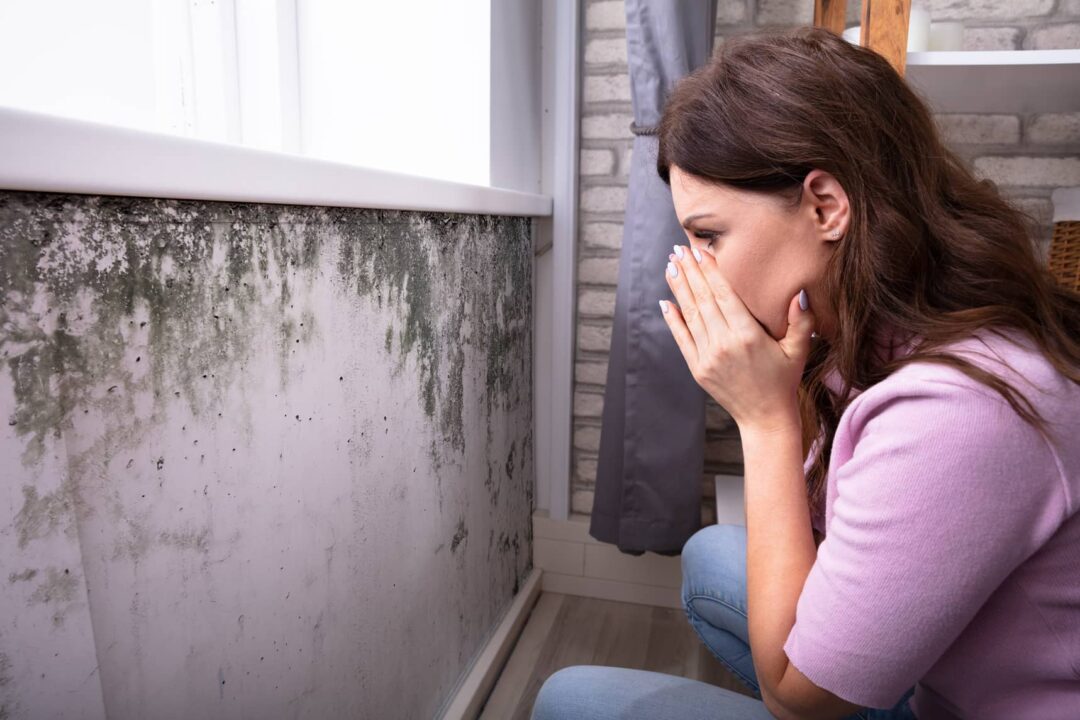When venturing into the exciting journey of buying a new home, a mold inspection might not be the first thing on your mind. However, the presence of mold can carry significant health and financial risks that can turn your dream home into a nightmare. Before you sign on the dotted line, understanding why a mold inspection is a crucial step in the home-buying process is vital. In this blog post, we will delve into the five compelling reasons that underscore the importance of this often-overlooked procedure.
Health Implications of Mold
Mold is not just an unsightly nuisance; it’s a health hazard. Exposure to mold can lead to a plethora of health problems, ranging from allergic reactions, asthma attacks, to more severe respiratory issues. Especially for those with pre-existing conditions, the importance of living in a mold-free environment cannot be overstated. A thorough mold inspection helps you pinpoint potential health hazards, ensuring the well-being of you and your loved ones in your new home. To deal with it from the start and even before the selling process is completed you should check here.
Hidden Mold Problems

Source: stjohnenv.com
One of the most insidious characteristics of mold is its ability to hide. Lurking behind walls, under floors, or in ceilings, mold can remain undetected to the untrained eye. Common areas prone to hidden mold include basements, attics, and areas with water leakage or high humidity. A professional mold inspection is akin to a detective uncovering these hidden issues. By identifying mold in its early stages, it prevents larger, more expensive problems down the line.
Property Value and Mold
Mold can be a deal-breaker when it comes to the resale value of a property. Beyond the immediate health concerns, the presence of mold can lead to costly remediation efforts, directly impacting your financial investment. Additionally, properties known to have mold issues often sell for less. A mold inspection arms you with the knowledge needed to negotiate a fair price, ensuring you’re not left with unexpected remediation bills after your purchase.
Legal and Insurance Implications

Source: lewisbrisbois.com
Navigating the complexities of real estate transactions involves understanding the legal and insurance aspects related to mold. Some regions have strict regulations requiring mold disclosure during property transactions. Moreover, homeowners’ insurance may have specific clauses pertaining to mold-related claims. Conducting a mold inspection mitigates future legal and insurance headaches, safeguarding your investment from potential disputes or uncovered claims.
Peace of Mind for Buyers
Buying a new home is an emotional journey, often filled with anxiety and stress. Unknowns about the property can amplify these feelings, making the process more daunting. A mold inspection acts as a beacon of assurance, providing peace of mind by revealing the true mold status of the property. Knowing that your future home is free from mold allows you to focus on the joys of homeownership, rather than the worries.
Choosing a Mold Inspection Professional

Source: bobvila.com
Selecting the right professional for your mold inspection is paramount. Look for a qualified inspector with the necessary certifications and experience to ensure a thorough examination. Reputable inspectors hold specific mold inspection certifications and are often licensed professionals, guaranteeing an accurate assessment of your potential new home. By choosing wisely, you ensure that your mold inspection is not just a formality, but a valuable step in securing your future.
Conclusion
A mold inspection is more than a mere checkbox on your home-buying list; it’s an essential step that safeguards your health, financial investment, and peace of mind. By understanding the hidden dangers of mold and the implications it carries, you’re not just buying a house; you’re investing in a healthy, safe environment for your future. Remember, when it comes to purchasing your dream home, what you can’t see can hurt you. Prioritize a mold inspection to ensure that your new abode is a source of comfort, not concern.




